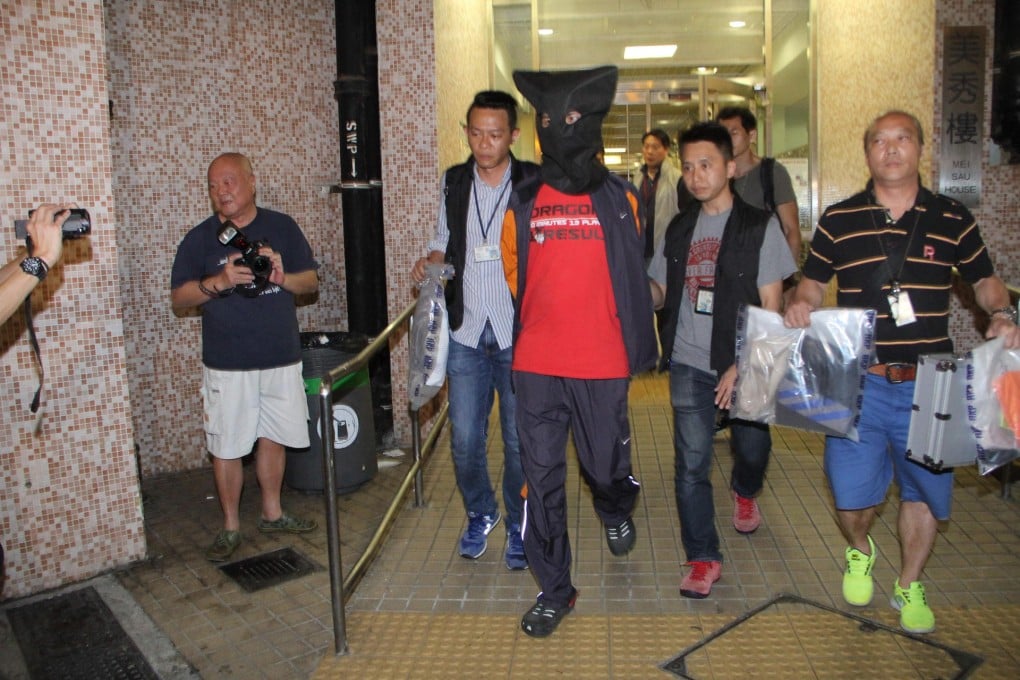Autistic man wrongly arrested by police over murder could suffer long-term effects, say experts
30-year-old man wrongly arrested by police and interrogated over murder could suffer long-term effects, say experts and family

Two weeks ago, when police investigating the violent death of a 73-year-old man staged a pre-dawn arrest operation at the Sha Tin home of another man they were convinced was the killer, their "suspect" should have been making a bowl of instant noodles - that was his routine.
An insignificant detail, you might think, but for the man now at the centre of a public outcry about the way police - and the wider Hong Kong society - treat people suffering from autism and intellectual disability, routine is everything.
As the real killer of an innocent elderly victim out walking his dog remains at large, medical experts and the family of the autistic man, whose mistaken arrest and detention lasted for 50 hours, fear the simple act of breaking his routine may have a lasting impact on his life.
The 30-year-old was detained from May 2 to 4, during which he was interrogated, had a bag placed over his head, and was denied his medication and normal weekend at home - a regular treat away from the care home where he spent most of the week.
Dr Joanne Wong Chi-yan, clinical psychologist and project manager of support services for the autistic, said deviations from routine and being subjected to an incomprehensible situation would cause immediate stress and possibly long-term damage.
"If he was taken out of the usual routine or thrown into an unknown situation as described by the media, he would be in great panic," Wong said.